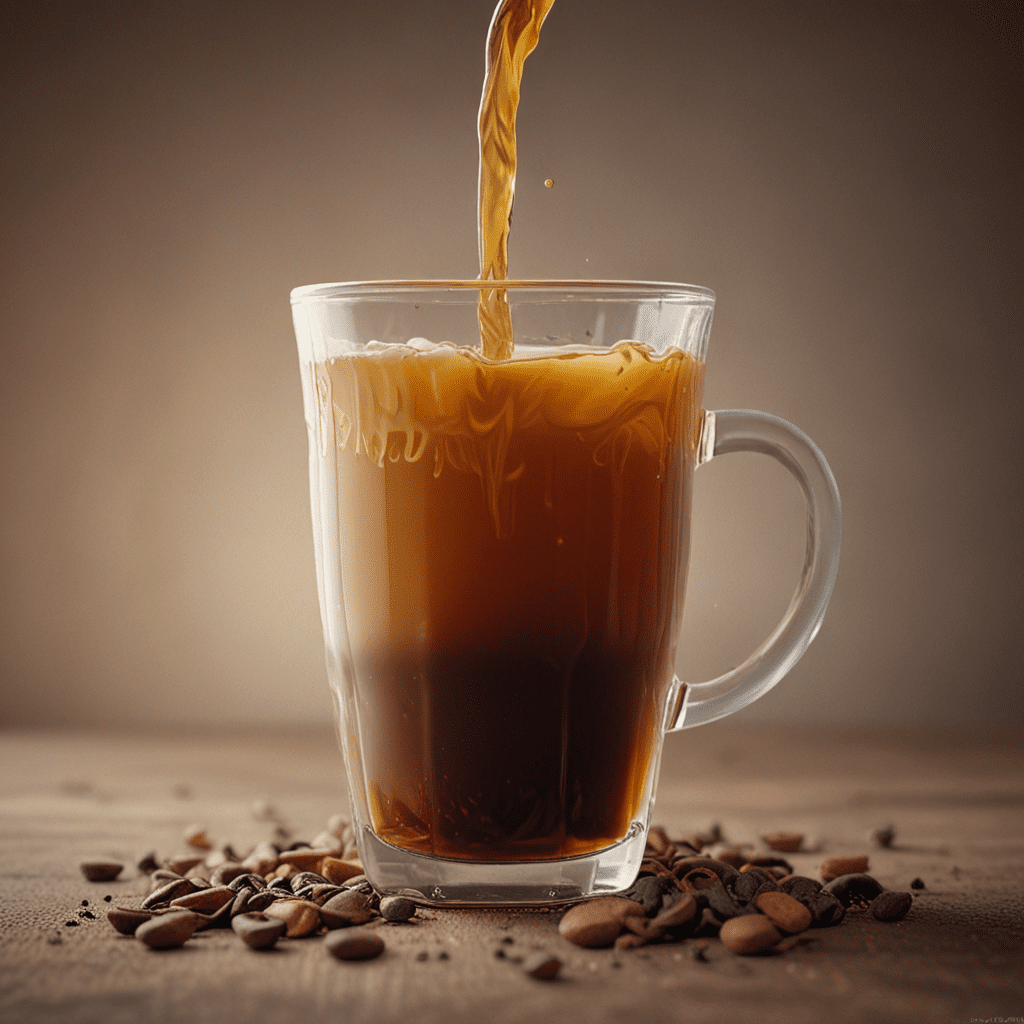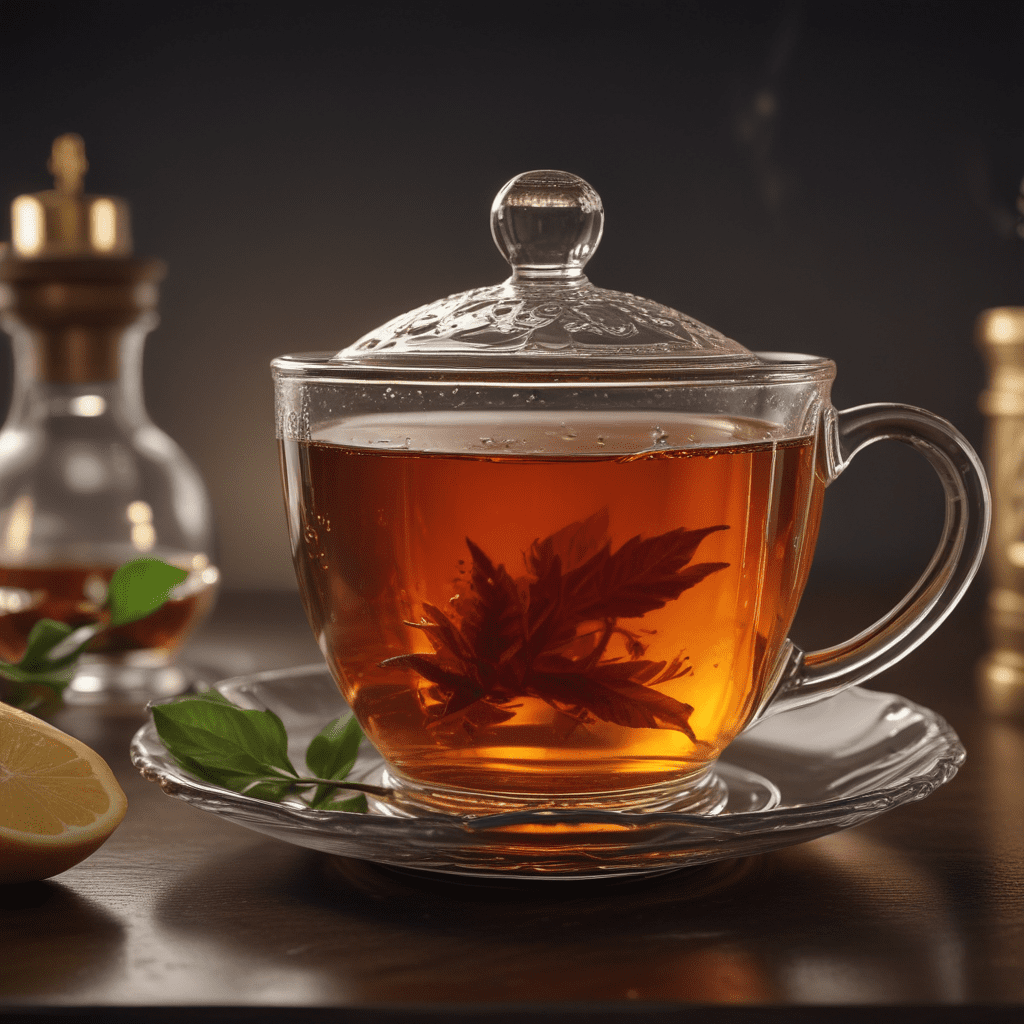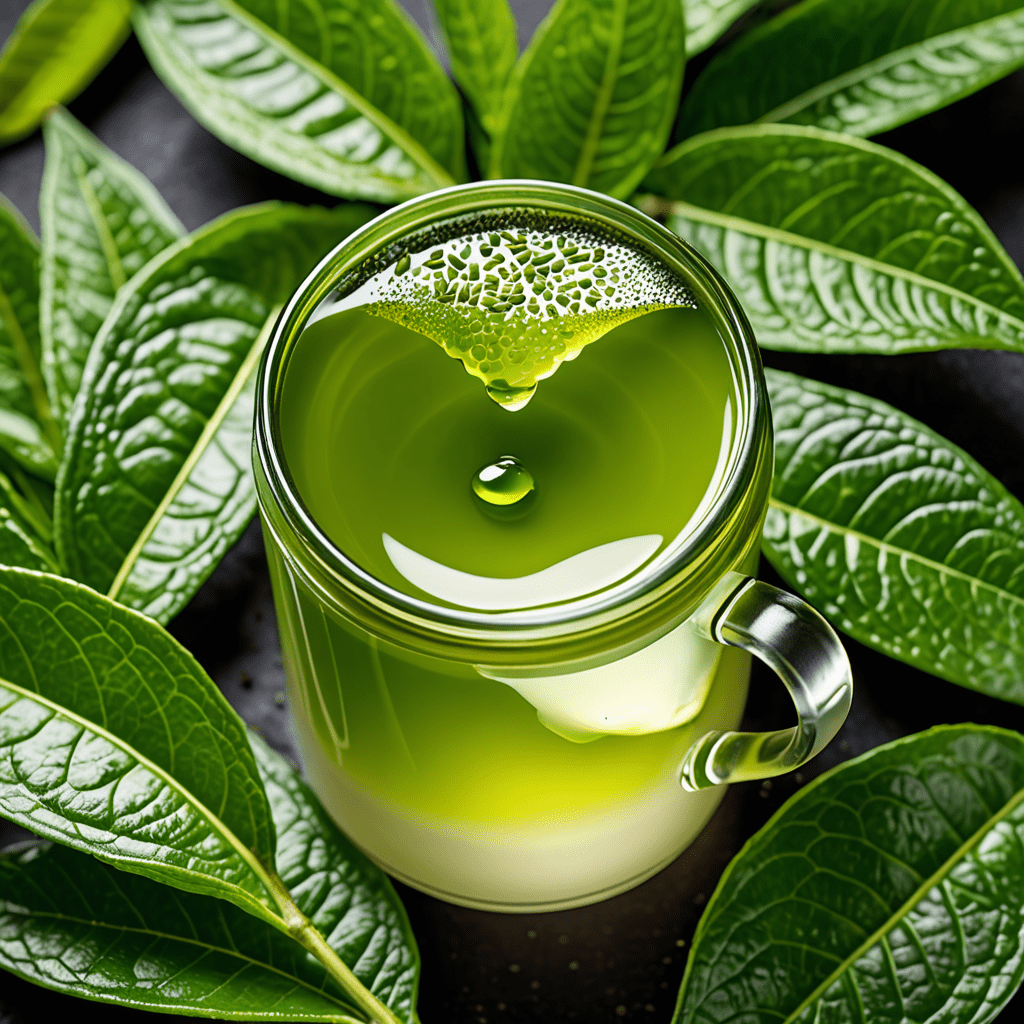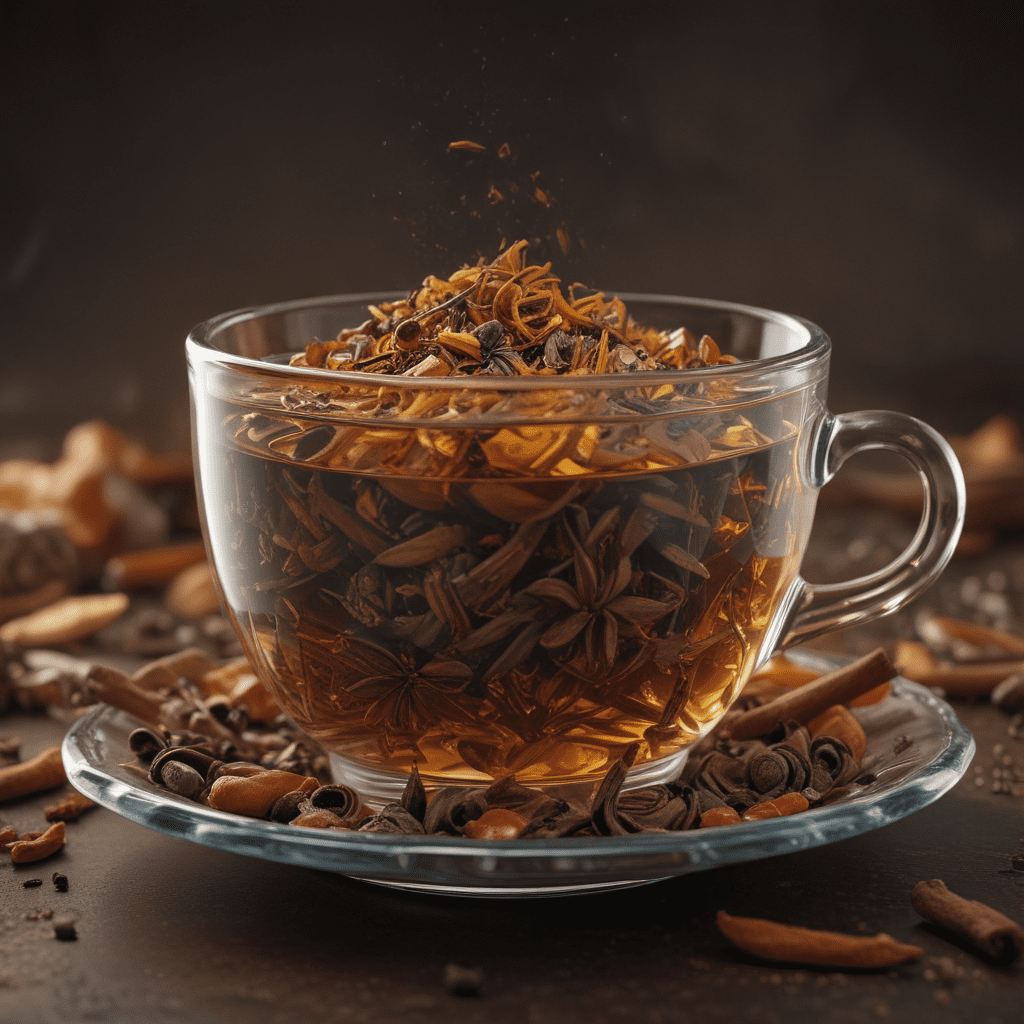Chai Tea: Aromatic Warmth in Every Cup
I. Origins and History of Chai Tea
Chai tea, a beloved beverage originating in India, has a rich history steeped in cultural traditions and medicinal practices. The term "chai" translates to "tea" in Hindi, referring to the blend of black tea and aromatic spices that define this unique libation. Its origins can be traced back centuries to Ayurvedic medicine, where it was believed to possess healing properties. Over time, chai tea spread throughout the Indian subcontinent and beyond, becoming a staple in many cultures.
II. The Unique Blend of Spices in Chai
Chai tea's distinctive flavor profile stems from its carefully curated blend of spices. The traditional masala chai typically includes cardamom, cinnamon, ginger, cloves, and black pepper, although variations exist depending on regional preferences. Each spice imparts its own unique aroma and flavor, creating a harmonious symphony of warmth and spice. Cardamom adds a sweet, aromatic note, while cinnamon brings a touch of sweetness and warmth. Ginger adds a peppery zing, cloves provide a hint of smokiness, and black pepper adds a touch of heat. Together, these spices create a tantalizing concoction that appeals to the senses.
III. Medicinal and Health Benefits of Chai Tea
Beyond its delightful taste, chai tea has been traditionally used for its medicinal properties. The spices used in chai tea possess various health benefits. Cardamom aids digestion, cinnamon helps regulate blood sugar levels, and ginger has anti-inflammatory properties. Cloves are known for their antibacterial effects, and black pepper enhances nutrient absorption. Additionally, the antioxidants present in chai tea help protect the body from free radical damage, contributing to overall well-being.
IV. Preparation Methods and Techniques
Chai tea can be prepared using various methods, each yielding a slightly different flavor and texture. The traditional method involves simmering loose-leaf black tea with whole spices in water or milk. Alternatively, pre-blended chai tea bags can be steeped in hot water for a quick and convenient option. For a richer flavor, condensed milk can be added to the tea, creating a sweet and creamy indulgence. No matter the preparation method, the key is to allow the spices to infuse fully, releasing their aromatic essence into the tea.
V. Types of Chai Tea and Variations
Chai tea comes in various forms, catering to diverse taste preferences. Masala chai, the most popular variation, is characterized by its blend of aromatic spices. Green chai replaces black tea with green tea for a lighter, more refreshing taste. Cardamom chai emphasizes the sweet and aromatic notes of cardamom, while ginger chai provides a stronger, more pungent kick. Herbal chai omits tea leaves altogether, relying on a combination of spices and herbs for its flavor.
VI. The Cultural Significance of Chai Tea
Chai tea holds cultural significance throughout South Asia and around the world. In India, it is a ubiquitous beverage, consumed throughout the day and offered to guests as a gesture of hospitality. Chai wallahs, street vendors who prepare and sell chai tea, are a common sight in many Indian cities and towns. Chai tea has also gained global popularity, enjoyed in coffee shops, restaurants, and homes worldwide.
VII. Brewing Chai Tea: A Step-by-Step Guide
Brewing chai tea at home is a simple process that yields maximum flavor and aromatic bliss.
- Gather Ingredients: Loose-leaf black tea, whole spices (cardamom, cinnamon, ginger, cloves, and black pepper), water, and milk (optional).
- Prepare Spices: Crack cardamom pods open and remove seeds. Crush cinnamon sticks into smaller pieces. Peel and slice ginger into thin strips.
- Simmer: Add tea leaves and spices to a saucepan. Pour in water and bring to a boil. Reduce heat and simmer for 10-15 minutes, or until the tea reaches desired strength.
- Add Milk (Optional): For a richer flavor, add milk to the simmering tea. Use whole milk, almond milk, or coconut milk, depending on preference.
- Sweeten (Optional): Add sugar, honey, or maple syrup to taste, if desired.
- Strain: Pour tea through a fine-mesh strainer into a teapot or cup to remove spices.
- Enjoy: Sip and savor the warm, aromatic flavors of freshly brewed chai tea.
VIII. Pairing Chai Tea with Food
Chai tea's versatility makes it a perfect accompaniment to various cuisines. Its aromatic spices complement sweet and savory flavors alike. Pair chai tea with pastries, cookies, and other desserts for a comforting treat. Its warmth and spiciness also pair well with hearty dishes such as curries, soups, and grilled meats.
IX. Chai Tea Rituals and Traditions
Chai tea has been an integral part of cultural rituals and ceremonies for centuries. In India, the preparation and sharing of chai tea is a social ritual, often accompanied by conversation and laughter. In some cultures, chai tea is associated with hospitality and used to welcome guests and show appreciation. It is also commonly served during religious festivals and celebrations.
X. The Aromatic Legacy of Chai Tea
Chai tea has left an enduring legacy in the world of tea. Its unique blend of flavors has captured the imagination of tea enthusiasts around the globe. From its humble origins in Ayurvedic medicine to its widespread cultural significance, chai tea continues to warm hearts and delight taste buds, leaving an aromatic imprint on the world's tea-drinking traditions.
Frequently Asked Questions:
- What are the health benefits of chai tea?
Chai tea contains a blend of spices that have been traditionally used for their medicinal properties. Cardamom aids digestion, cinnamon helps regulate blood sugar levels, and ginger has anti-inflammatory properties. Cloves are known for their antibacterial effects, and black pepper enhances nutrient absorption.
- How do I brew chai tea at home?
To brew chai tea at home, simmer loose-leaf black tea with a blend of aromatic spices in water. You can add milk for a richer flavor and sweeten to taste. Strain the tea and enjoy.
- What foods pair well with chai tea?
Chai tea pairs well with sweet treats such as pastries and cookies. Its aromatic spices also complement savory dishes like curries, soups, and grilled meats.
- Is chai tea caffeinated?
Yes, chai tea is caffeinated as it contains black tea. The level of caffeine can vary depending on the strength of the brew.
- Can I make chai tea without black tea?
Yes, herbal chai is a variation that omits tea leaves and uses a blend of spices and herbs for its flavor.



